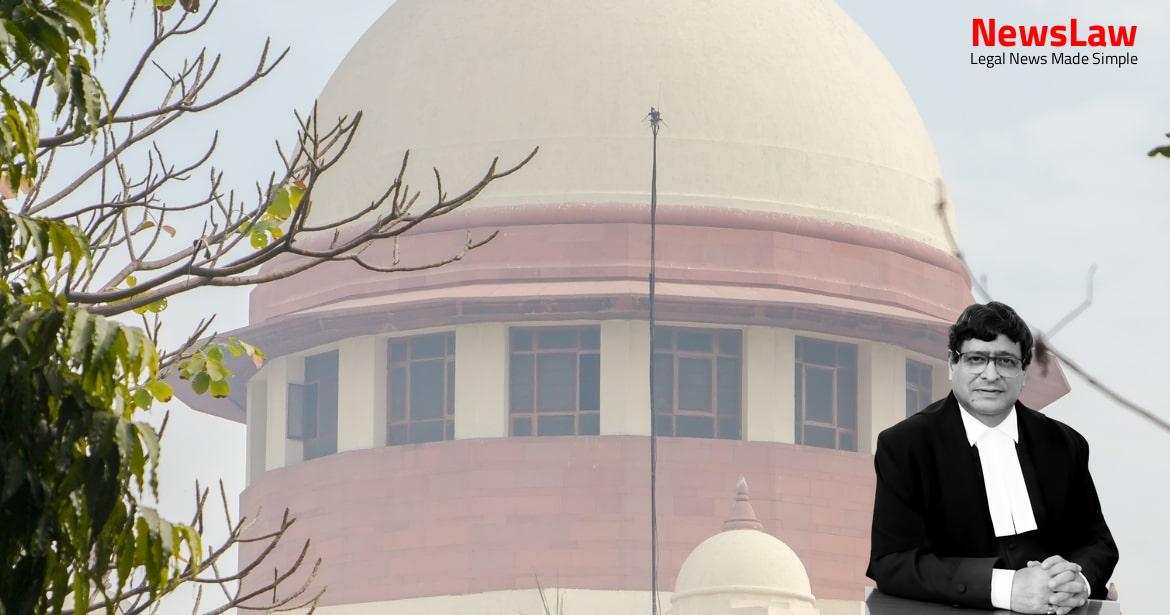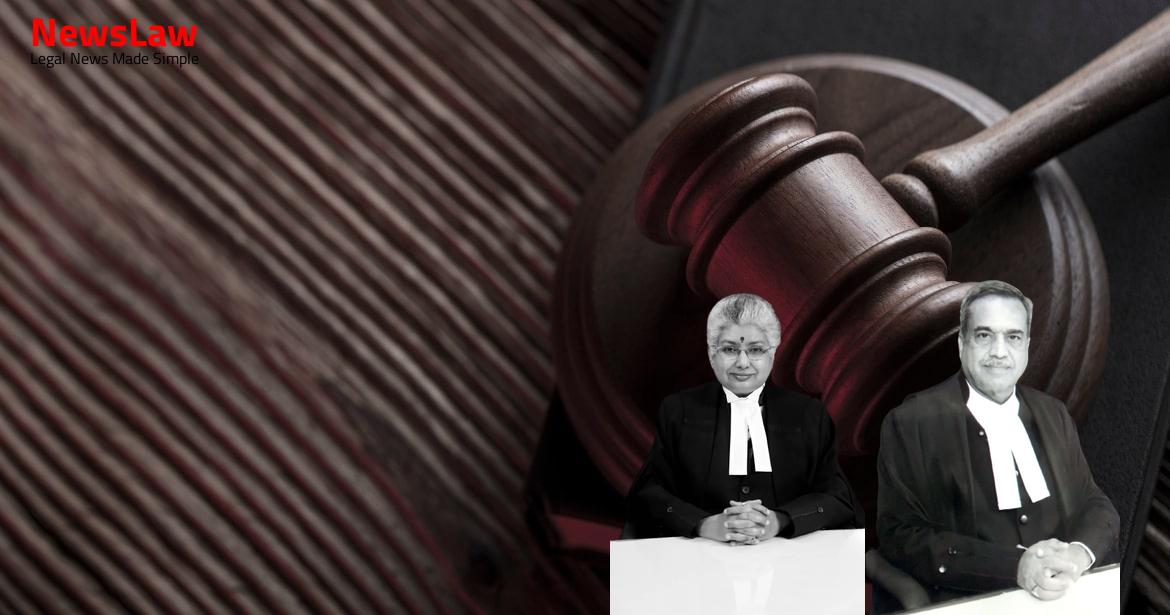A recent landmark ruling by the Supreme Court of India addressed the issue of CAS benefits for Research Assistants. The judgment delves into the intricate details of the case, exploring the nuances of cadres and eligibility criteria for the benefits in question. This ruling sets a significant precedent in the realm of educational policy and employee entitlements.
Facts
- The claim of Research Assistants designated as Lecturers and then as Assistant Professors is considered for the benefit of CAS.
- A previous court order clarified that Research Assistants included in the post of Lecturer are entitled to the same pay-scale revision as Lecturers.
- The State of Rajasthan petitioned the court but did not succeed in challenging the decision.
- The court emphasized that Research Assistants and Lecturers are separate cadres but can enjoy the same pay scale as per UGC recommendations.
- The Government of India granted relief to teachers through CAS for pay-scale revision in universities and colleges.
- The court reiterated that Research Assistants and Lecturers form separate cadres even though they have the same pay scale.
- An appeal filed by the State of Rajasthan against the designation of Research Assistants as Lecturers was dismissed by the court.
- The appellant submitted that past service as Lecturers/Research Assistants cannot be given the same weightage for ex-cadre promotion as services rendered as Assistant Professors.
- The Board resolved to give revised UGC pay-scales to Lecturers and Research Assistants.
- The State Government requested the Vice-Chancellor to rescind the Board’s resolution designating Research Assistants and Lecturers as Assistant Professors.
- The Board’s resolution was confirmed despite State Government’s request for rescission.
- The Board resolved that only Assistant Professors directly selected by the SSC would be eligible for CAS benefits, not those re-designated from Research Assistants/Lecturers.
- The appellant argued that CAS benefits were only available to Assistant Professors directly appointed under the Rajasthan Universities Teachers and Officers (Selection for Appointment) Act, 1974.
- The definition of ‘teacher’ in the 1974 Act was deemed not applicable to Research Assistants, and therefore CAS relief could not be extended to them.
- The grade of Lecturers/Research Assistants was considered separate, and their services were not deemed at par with Assistant Professors.
- Various writ petitions were filed in the High Court challenging the actions taken in this regard.
Also Read: Supreme Court Judgement: Settlement Agreement between Parties in a Cheque Dishonour Case
Arguments
- Learned counsel for the Respondents argued that Research Assistants should be considered as teachers under the 1974 Act.
- It was mentioned that in a previous litigation, Research Assistants were held to be equivalent to Lecturers under the Udaipur University Act, 1962.
- The UGC’s clarification from 27.11.1990 supported the inclusion of individuals serving as Lecturers or in equivalent positions in the CAS benefits.
- The Board of the appellant rightfully decided to grant CAS benefits to Research Assistants, which was opposed by the State Government.
- It was further argued that Research Assistants, now designated as Assistant Professors, should not be denied CAS benefits meant for Lecturers.
Also Read: The Vishwanath Case: A Landmark Judgement by the Supreme Court of India
Analysis
- The judgment discusses the distinction between re-designation and regular appointment.
- The Court emphasizes that the benefits of one cadre should not automatically extend to the other unless specified in the relevant Scheme.
- The CAS was intended for specific purposes to encourage teaching staff by offering a higher pay-scale with conditions.
- The judgment clarifies that segregation between the two cadres will be maintained, indicating a difference between the two.
- Benefits accorded to one cadre would not accrue to the other unless explicitly specified in the relevant Scheme.
- The conclusion of the analysis is that the orders given by the Single Judge and the Division Bench are set aside.
- There should be no recovery of monies disbursed to the involved parties at this late stage to avoid inequity.
- State Government clarified that ad-hoc service of Assistant Professors would not count for senior pay-scale under CAS
- CAS is a policy and interpretation is at the discretion of the appellant unless arbitrary
- High Court’s decision to count ad-hoc service for CAS was not justified
- State of Maharashtra v Tara Ashwin Patel (2016) 15 SCC 717 examined on first principles
- State of Rajasthan’s appeal in Milap Chand Jain was dismissed by this Court
- No recoveries shall be made from the respondents based on this judgment.
- Respondents are entitled to benefits under CAS after eight years of service from their regular appointment.
- Respondents are entitled to benefits under any other Scheme/Policy without denial by the State Government or appellant due to this judgment.
Also Read: Judgment in the Case of Nationality Status: Appellant vs. Tribunal
Decision
- The orders passed by the Single Judge and affirmed by the Division Bench are quashed and set aside.
- Parties are to bear their own costs.
- Civil Appeals arising from SLP (C) Nos.22278/2011 and 22813/2011 are disposed of with each party bearing their own costs.
- Pending applications are disposed of as the appeals have been adjudicated.
- The appeal succeeds.
- The respondents are entitled to notional benefits for calculating their retiral/service conditions and post-retiral benefits, but not under the CAS.
Case Title: RAJASTHAN AGL. UNIVERSITY THROUGH ITS REGISTRAR Vs. ZABAR SINGH SOLANKI AND ORS. (2024 INSC 581)
Case Number: C.A. No.-008509-008509 – 2024



